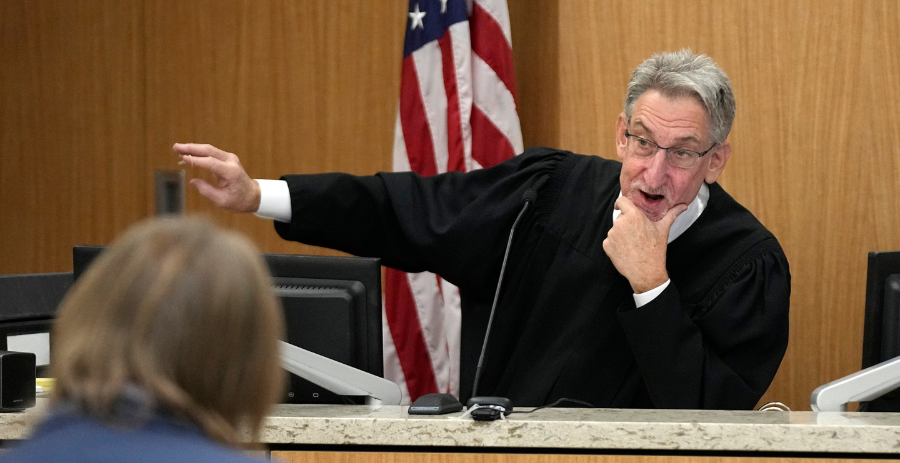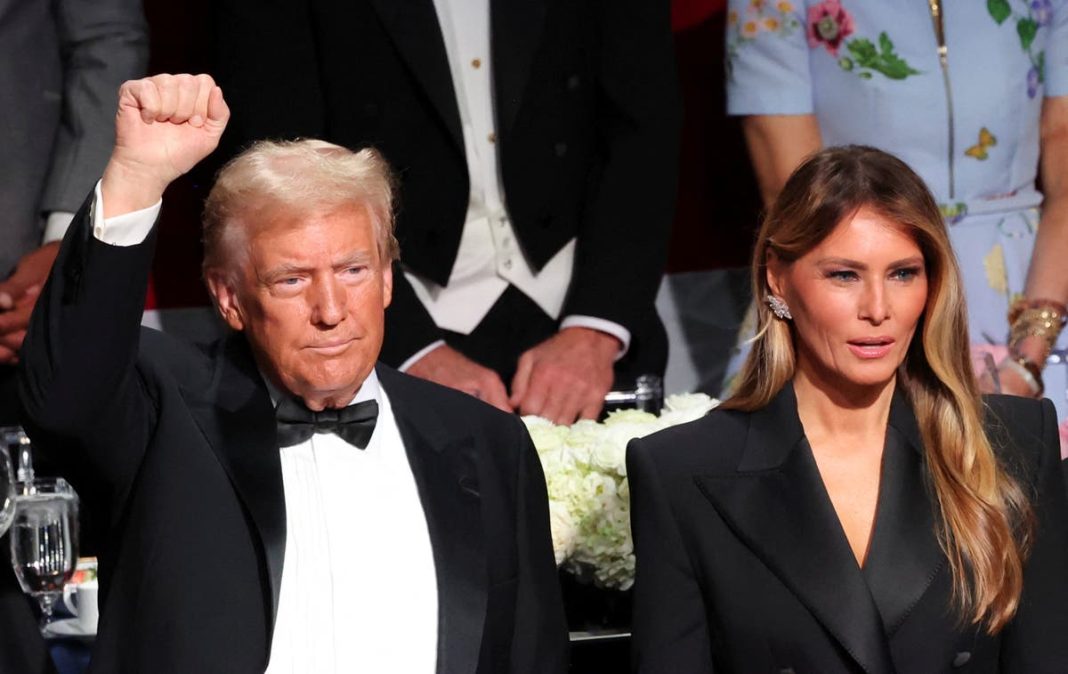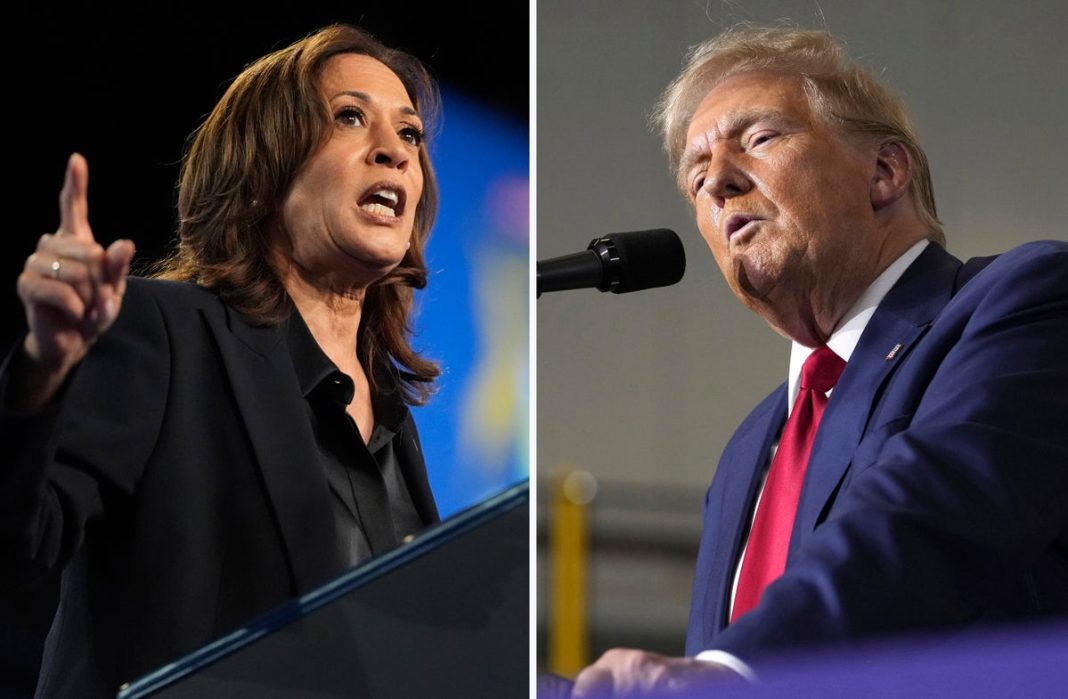Legal Showdown Looms as Arizona Prepares for 2024 Election Challenges
As the 2024 election season heats up, Arizona finds itself bracing for yet another wave of legal challenges, a trend that has become all too familiar following the contentious elections of 2020 and 2022. With a legal landscape shaped by past disputes and lingering uncertainties, election attorneys and professionals are gearing up for what many anticipate will be a litigious cycle.
Election contests in Arizona have historically been fraught with complexities, and this year is no exception. While previous rulings from the Arizona Supreme Court and the Arizona Court of Appeals provide some guidance, the lack of binding case law means that many questions remain unanswered. Attorney Andrew Gould emphasizes that the true impact of the last two election cycles won’t be fully understood until after the dust settles on 2024. “We don’t fully yet know all the lessons from those two cycles until we’re done with this one,” he remarked.
The Legal Framework for Election Contests
Under Arizona law, any elector can contest the results of an election on various grounds, including misconduct, illegal votes, or a candidate’s ineligibility. However, the process is tightly regulated. Contestants must file their challenges within five days of the state canvass, and the courts are required to schedule hearings within a short timeframe—typically within 10 days. This rapid pace, combined with a high burden of proof, makes it challenging for candidates to overturn election results. Gould notes, “Once the votes are counted, it is extremely difficult in election law to change those results.”
The burden of proof is a critical aspect of these contests. Recent rulings, such as the Arizona Court of Appeals’ decision against former gubernatorial candidate Kari Lake, have reinforced the notion that simply claiming uncertainty is not enough. Judge Kent Cattani highlighted that election results can only be deemed uncertain if there is a competent mathematical basis to suggest that the outcome could have been different. This sets a high bar for any challenges that may arise.
Discovery Dilemmas
One of the most contentious issues heading into the 2024 elections is the question of discovery in election contests. While state law allows litigants to inspect ballots, the extent of what can be requested remains murky. Attorney Jen Wright, representing Abe Hamadeh in his election contest, pointed out that the courts have yet to clarify what materials litigants are entitled to access. “The big question mark is the discovery rules,” she said, emphasizing the need for clarity before the election.
Hamadeh’s case, which sought access to rejected provisional ballots and other records, faced hurdles when the Superior Court denied his requests. The Court of Appeals upheld this decision but did not delve into the broader implications for discovery rules, leaving a significant question mark hanging over the upcoming election.
The Road Ahead
With the election just weeks away, the Arizona Supreme Court has issued an administrative order prioritizing election contests, underscoring the importance of adhering to deadlines. Chief Justice Ann Timmer has set a firm deadline of December 6 for the Superior Court to enter judgments on presidential elector contests, ensuring that there is ample time for any necessary appeals before the electoral college convenes.
As the legal landscape continues to evolve, Gould notes that the increase in election litigation over the past two cycles raises questions about what strategies will be successful moving forward. “One thing I know about lawyers is if you can’t win on certain types of cases, sooner or later, you’re going to stop filing them,” he said, hinting at the potential for a shift in how election contests are approached in the future.
As Arizona gears up for the 2024 elections, the stage is set for a legal showdown that could reshape the state’s electoral landscape. With a mix of established laws, recent rulings, and unresolved questions, both candidates and voters will be watching closely to see how this round of election challenges unfolds.



